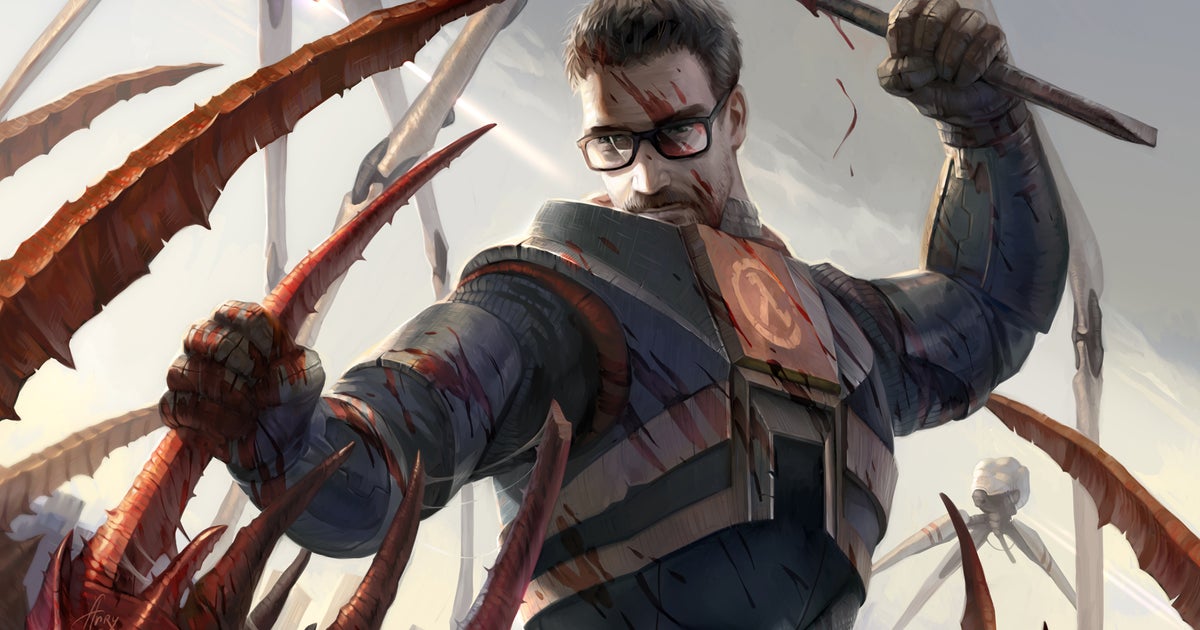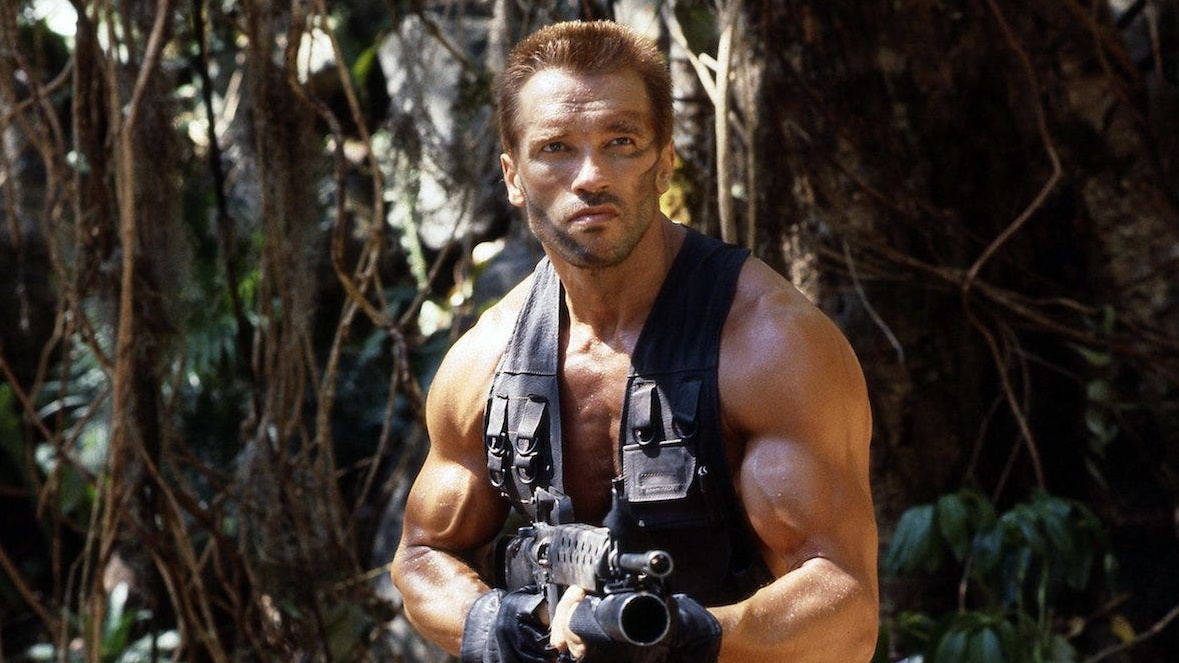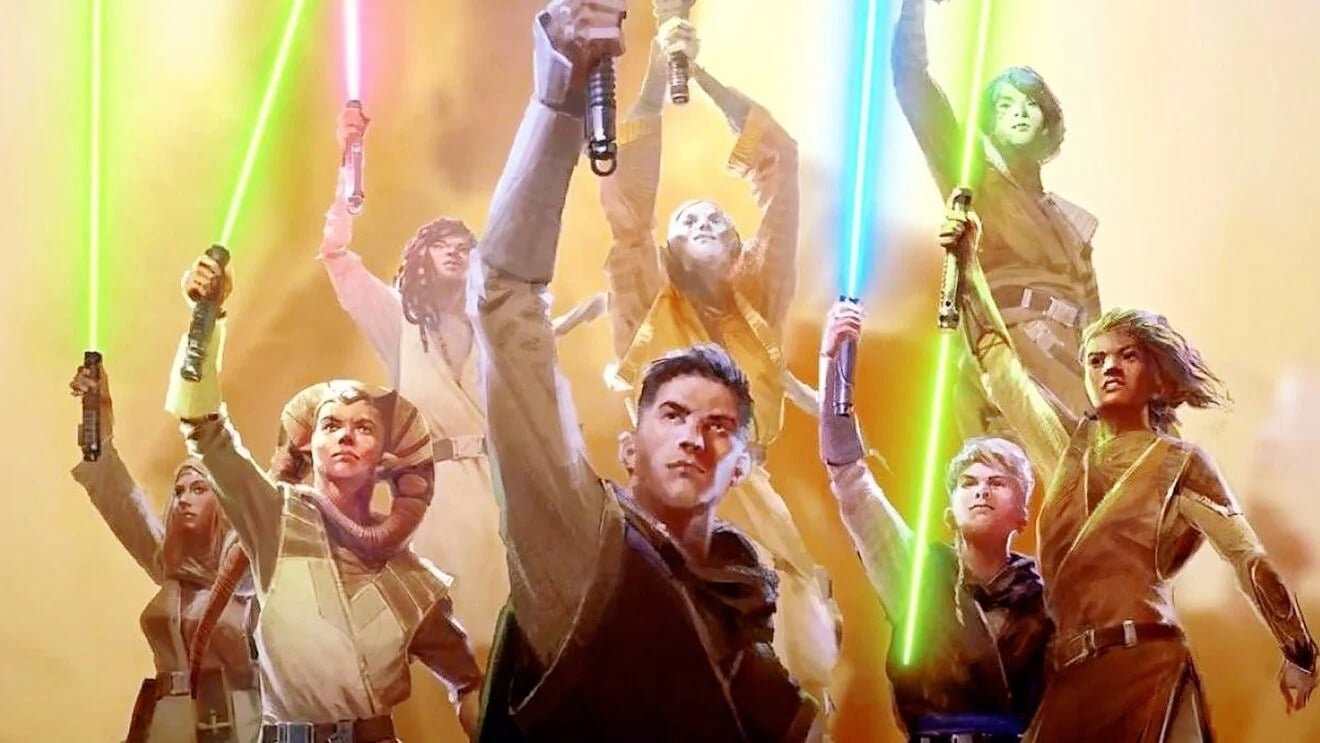The latest internal report from Embracer Group puts on the table two strong figures: the number of games currently in development was reduced from 221 projects in 2023 to a not inconsiderable 141, the other reading is that brutal snip implies that since last year 80 video games have been canceled. And what is worse, the collateral effect of this measure is that since the previous report 4,532 employees are no longer part of the group. How could this happen?
First things first: Embracer expanded too quickly in too short a time. Not too long ago we wrote in iGamesNews about its ambitious acquisition of all the rights related to Tolkien’s Middle Earth or the purchase of the legendary Eidos and Crystal Dynamics (including franchises such as Tomb Raider) from Square Enix itself. The other reality is that based on the same report, the adjusted earnings per share was 1.62 SEK. Or if you prefer, 14 euro cents at today’s exchange rate. And that is a huge risk.
What’s happening at Embracer Group
To establish a cause for this absurd number of cancellations and layoffs after making huge purchases, there are many aspects to take into account. To start from somewhere given that many of the acquisitions are recent, being able to amortize large assets such as the franchise Tomb Raider
There are series, movies and video games announced, but they are in development. However, it must also be taken into account that Aspyr recently pulled a remastered version of the original trilogy out of its hat. The other reality is that on May 2 they acquired the license along with three Square Enix studios and just two months later one of them was closed.
Tomb Raider It is an example among a succession of specific cases and sales that, with some exceptions, have not corresponded to estimates: the new Alone in the Dark has not performed according to expectations and is not the only performance below expectations that compromises their performance as a group.


However, Embracer does not have all its eggs in one basket and has its own publishing labels, owns the board games giant Asmodee and also the large European distributor Plaion, formerly Kotch Media. And that may help cushion hard blows, but the counterbalance to this is that there are many open fronts. Too many.
Embracer’s situation is not simple and, like PlayStation Studios or Xbox Game Studios, they have found themselves in the position of closing studios or selling entire teams. Not long before publishing the report we were talking about how Nintendo bought Shiver from them, while Take-Two shelled out no less than $460 million for Gearbox, in addition to the Borderlands or Risk of Rain franchises.
The immediate future of Embracer Group
And now that? The next step in this major restructuring was announced weeks ago and goes through the delicate process of dividing Embracer Group into three entities that will operate completely independently of each other:
- The highest weight division will be Middle-earth Enterprises & Friends, dedicated to launching Triple A games, the distribution of Plaion, publishers such as Dark Horse and, in addition, managing the use of licenses such as The Lord of the Rings or Tomb Raider.
- Independent video games, as well as double A and free to play, will become Coffee Stain & Friends. In addition to Coffee Stain, companies such as THQ Nordic or Tarsier will operate here, offering more calculated risks.
- Finally, Asmodee y Everything that has to do with board, board, role-playing and card games will operate on its own. So you will be able to operate and continue growing without your initiatives being conditioned in one way or another by what is related to the other departments of Embracer.
The strategy is not simple, and offering an equitable distribution of shares among shareholders is surely especially delicate. However, the outlook for the industry is not very real for other large companies in 2024; PlayStation will be divided in two in June, Microsoft faced layoffs and closures after a large acquisition and even Square Enix itself, from which it bought three studios, must transform its business model in record time.


For their part, forecasts for the future are somewhat more optimistic. In addition to the higher margins to operate after dividing into three, good commercial results are expected with games such as Kingdom Come: Deliverance II and Killing Floor 3 and they trust to be able to launch more than 70 projects in fiscal year 2024/25 based on both new and established IPs. Furthermore, they expect that the use of their large licenses, the recent ones and those they already owned, will become decisive assets in the short and medium term.
From here we can only speculate about what may or may not happen. And although, looking at the data, a huge blow is beginning to be cushioned; In the process we are seeing how thousands of workers and dozens of projects have fallen by the wayside while others weather the storm under the slogan that sadly accompanies this bitter news: improving profitability and being able to grow in the long term. Two euphemisms that do not hide the less friendly side of the industry.
In iGamesNews | 13 Crystal Dynamics and Eidos sagas that have just passed into the hands of Embracer. The essential ones and those that should be resurrected









